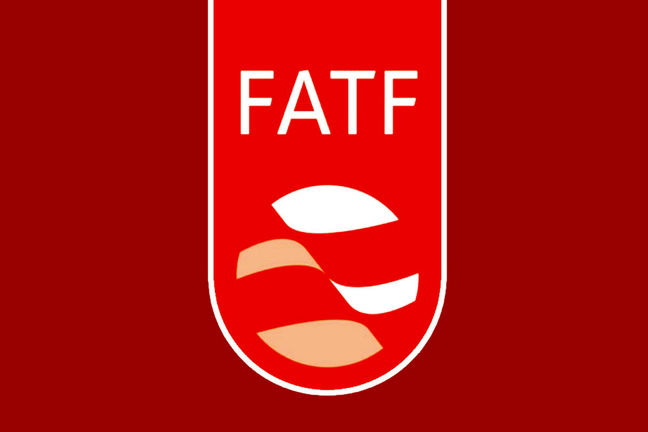January 25, 2019

The Expediency Council said it made modest changes in the law before approving it. But the Financial Tribune said the changes were not modest at all. As a result, the FATF may not agree that Iran has come into compliance with its banking rules.
Most international banks refuse to deal with countries on FATF’s blacklist because they fear getting entangled in money laundering issues or in transactions that involve the financing of terrorism. The only countries still on the FATF blacklist are North Korea and Iran—though FATF has suspended punitive actions against Iran for the last two years after Iran promised to come into compliance with the FATF rules.
After multiple extensions, FATF has now given Iran until next month to get into compliance by adopting 10 FATF standards. Last fall, FATF said Iran had only come into compliance with one demand over the past two years.
The anti-money laundering law is a key compliance issue. It was passed by the Majlis in September. Several provisions were vetoed by the Council of Guardians for not meeting the standards of Shariah law or the Iranian Constitution. But the Majlis refused to accept the Guardians’ changes. It sent the bill to the Expediency Council, which is tasked with settling disputes between the Majlis and the Council of Guardians.
The term “expediency” means the council is supposed to adopt what it thinks is best (i.e., expedient) for the regime, even if it is not in compliance with Shariah law or the Constitution.
On January 5, the Expediency Council met, with newly named Chairman Sadeq Larijani presiding over a meeting for the first time. It quickly approved the bill, with modifications that the Council did not describe.
Majid Ansari, a member of the Expediency Council, told the local news website Jamaran that only “minor changes” had been made to the law.
The Financial Tribune, however, quoted unnamed “experts with knowledge of the contents of the approved law” as saying the measure drops a provision requiring the Central Bank of Iran to monitor the operations of banks, specifically in the area of money-laundering.
“Although it is taken for granted that CBI should supervise banks in all matters, the legal text mandating that task does not exist in this law,” one told the Tribune. That could be a killer if FATF interprets that to mean Iran will not enforce the anti-money laundering law.
The Rohani Administration sent four pieces of legislation to the Majlis to bring Iran in compliance with FATF standards. All have now been approved by the Majlis. One was easily approved earlier by the Council of Guardians. The second has now been approved by the Expediency Council, with the questionable changes still up in the air. The other two items have not yet been acted on by the 12-man Council of Guardians.